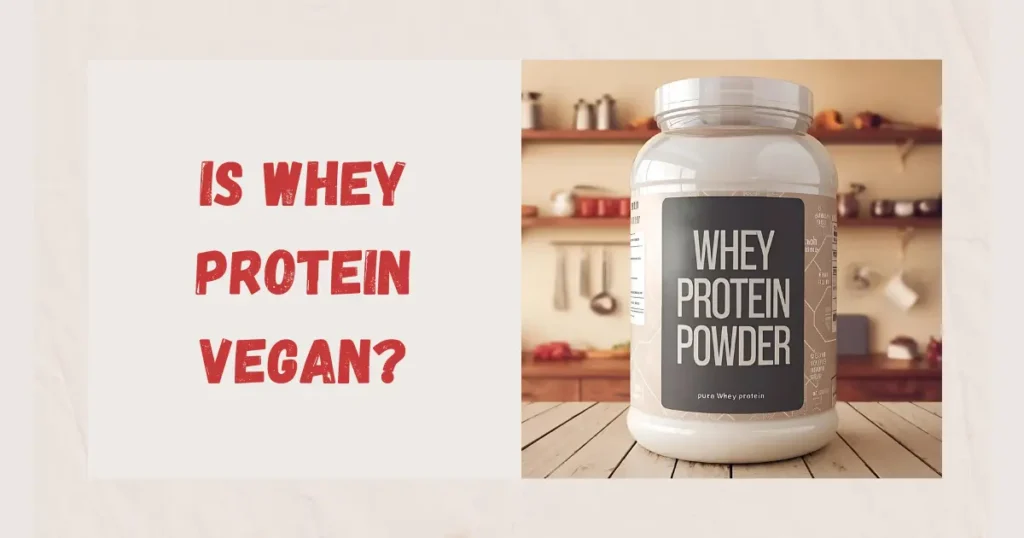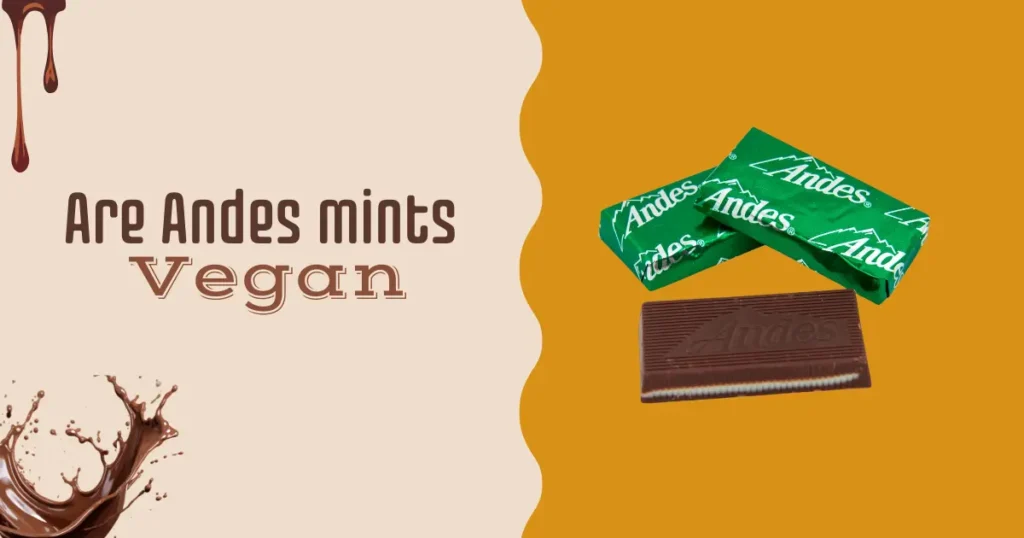Whey protein is a favorite supplement for fitness enthusiasts, but many wonder: is whey protein vegan? The answer is no. Whey protein is not vegan because it comes from dairy, which makes it an animal byproduct. As a result, it’s unsuitable for those following a vegan diet. This article explains why whey protein isn’t vegan and offers plant-based alternatives.
What is Whey Protein?
Whey protein is a byproduct of cheese production. It’s derived from liquid whey, which separates from milk when it curdles. This liquid is processed and dried to make the protein powder we know. Whey protein is available in various forms, such as concentrate, isolate, and hydrolysate. It is also considered a complete protein because it supplies all nine essential amino acids needed by the body. However, because it comes from milk, it’s not vegan. It also contains lactose and other milk-derived compounds. This makes whey protein unsuitable for vegans.
Why Whey Protein Isn’t Vegan
The simple reason why whey protein isn’t vegan is its origin: milk. Whey is extracted during cheese production, which ties it to dairy farming. Vegans avoid dairy due to ethical concerns, especially regarding the treatment of cows in the industry. Some whey supplements also contain non-vegan additives, such as vitamin D from animal sources.
Is Whey Protein Vegetarian?
Vegan Alternatives to Whey Protein
Fortunately, there are many plant-based alternatives to whey protein. These options are not only vegan but also effective for muscle building. Here are some popular choices:
- Pea Protein: Pea protein is rich in amino acids and works well for muscle building, similar to whey.
- Hemp Protein: Hemp protein offers healthy fats and fiber. It’s great for those seeking a nutrient-rich option.
- Soy Protein: Soy protein is another complete protein and a solid replacement for whey.
- Rice Protein: Rice protein is gentle for those with food sensitivities. It’s often combined with pea protein for a full amino acid profile.
These plant-based proteins are better for the environment and free from animal exploitation. They are ideal for anyone committed to a vegan lifestyle.
Whey Protein vs. Plant-Based Protein: Which is Better?
Whey protein is known for its fast absorption and complete amino acid profile. Research indicates that plant-based proteins are equally effective for muscle growth as their animal-based counterparts. Research comparing whey to pea and rice proteins found no difference in muscle mass gains. For those concerned about the environment, plant-based proteins are more sustainable than whey. While whey is a byproduct of the dairy industry, its high demand could lead to more milk being processed solely for whey production. This raises ethical concerns for vegans and environmentalists.
Final Thoughts: Should You Switch to Vegan Protein?
If you follow a vegan diet, switching to plant-based protein is a smart choice. Plant-based options offer the same muscle-building benefits as whey while aligning with your ethical and environmental values. Whey protein is not vegan, but alternatives like pea and hemp protein provide cruelty-free solutions for fitness enthusiasts.
FAQs
Is whey protein lactose-free?
Some whey protein isolates are lower in lactose. However, whey comes from milk, so it’s not entirely lactose-free.
What are the best vegan protein powders?
Pea protein, hemp protein, and soy protein are great vegan sources. They offer complete amino acid profiles and support muscle recovery. By switching to a vegan protein, you’ll meet your nutritional needs while supporting a more ethical and sustainable lifestyle.




